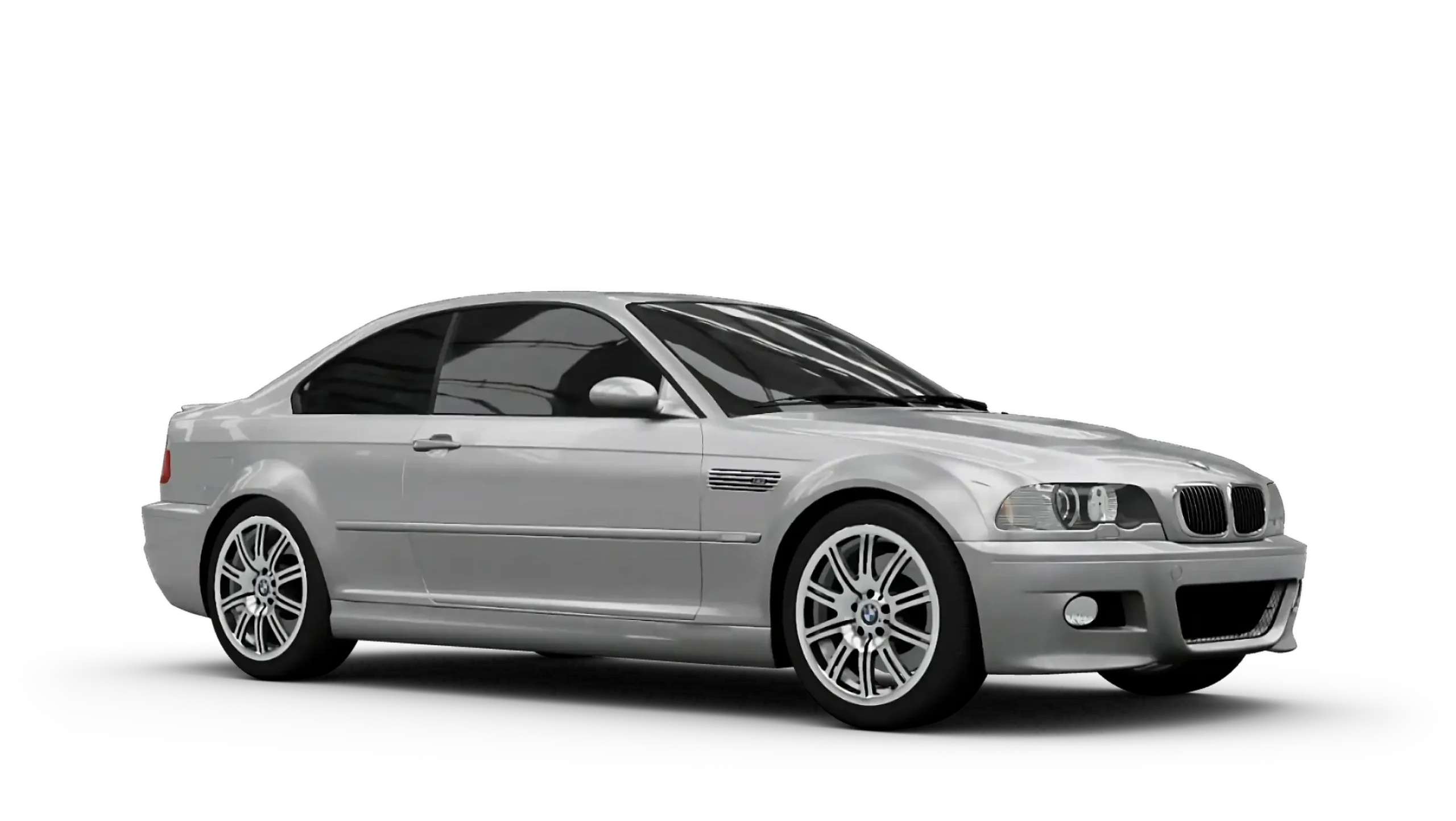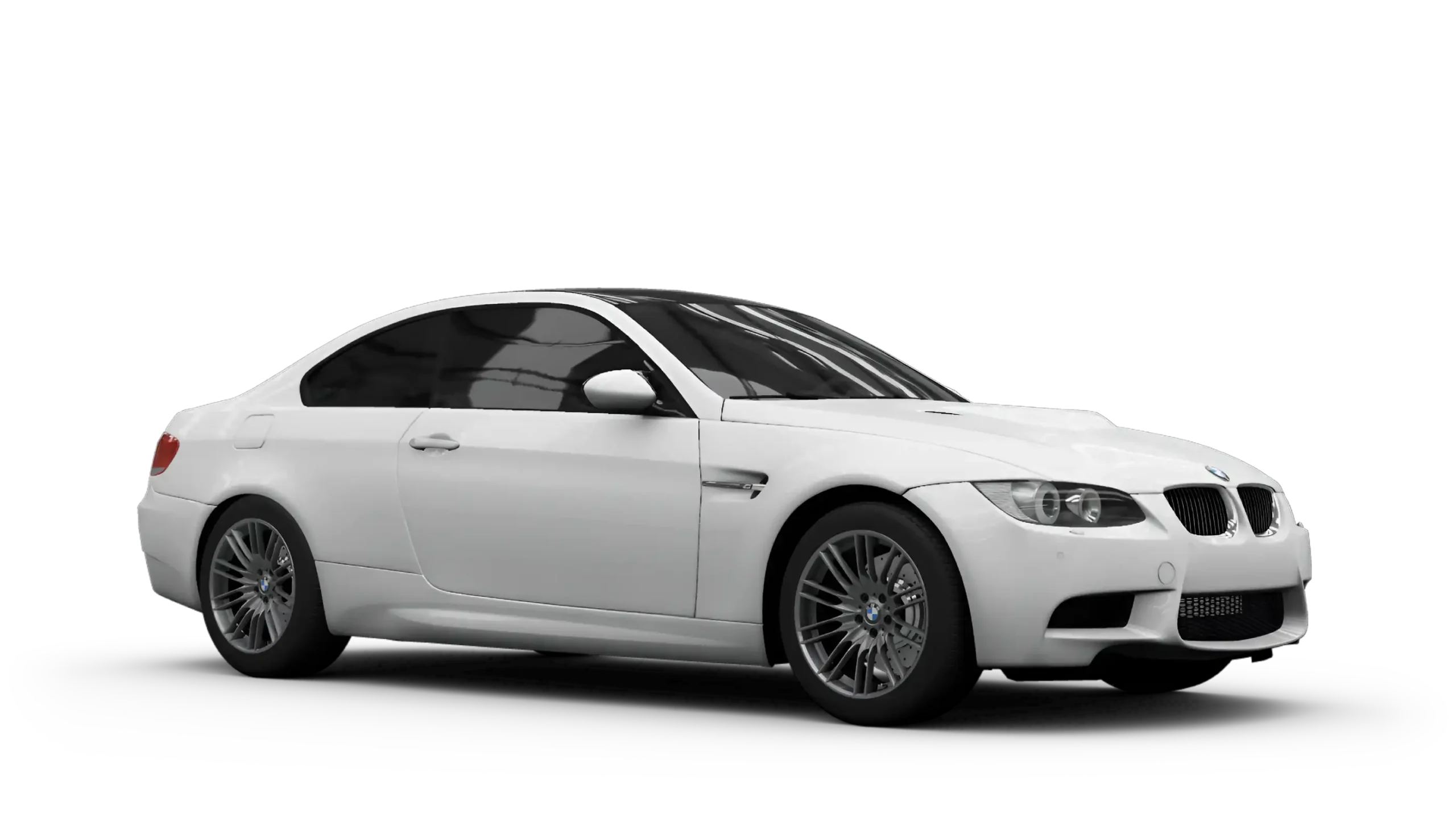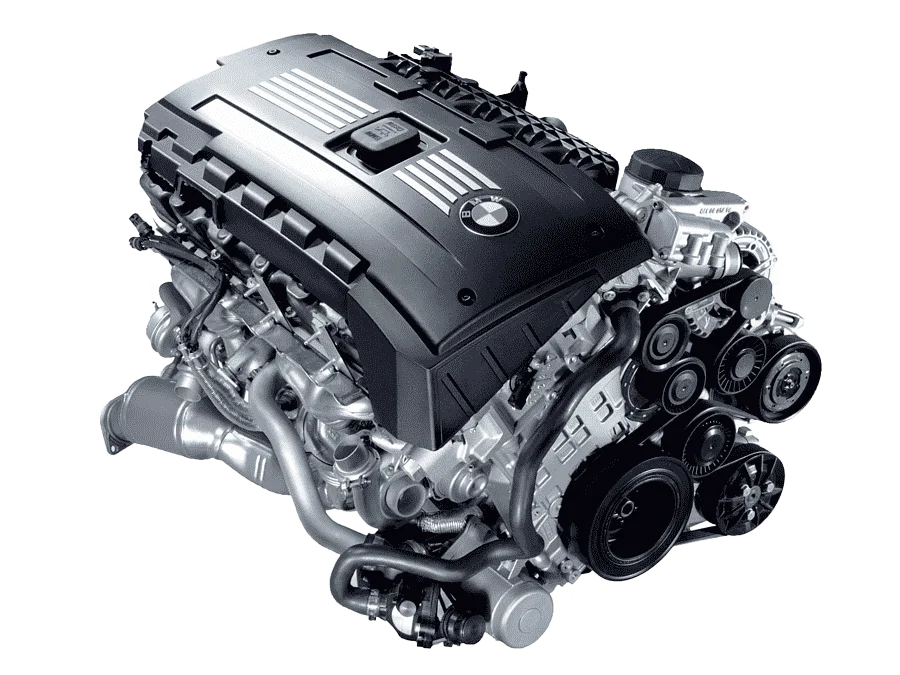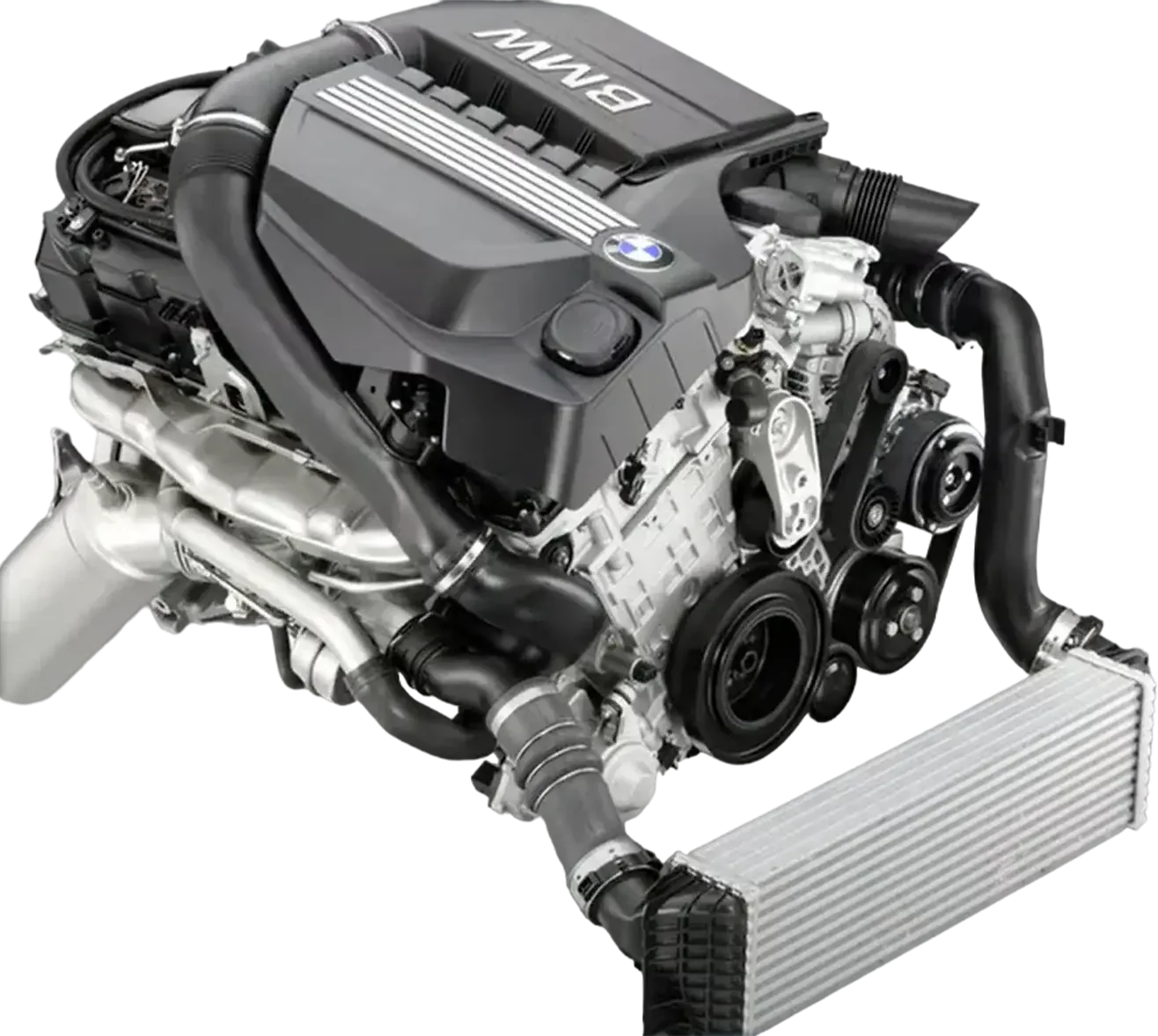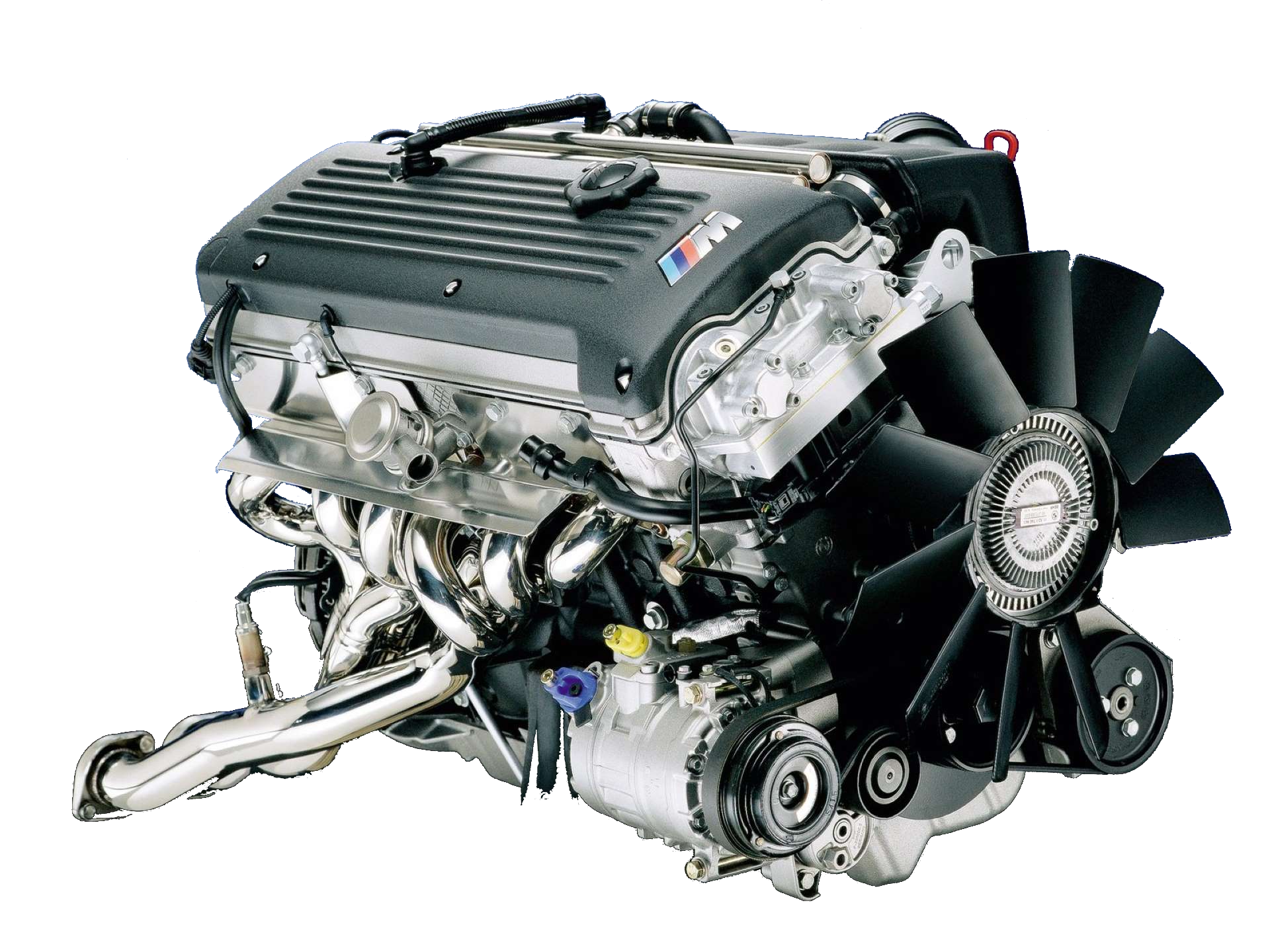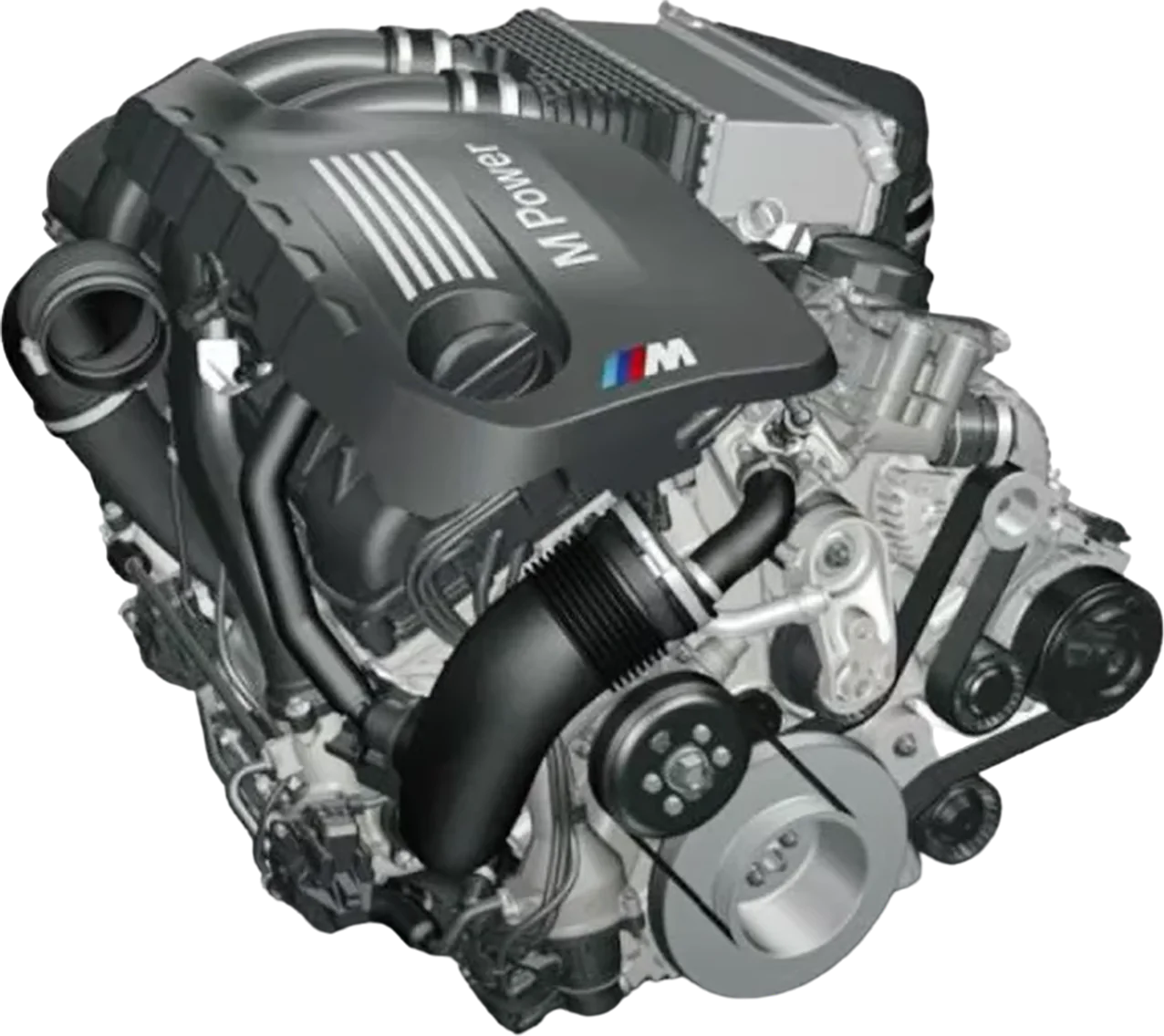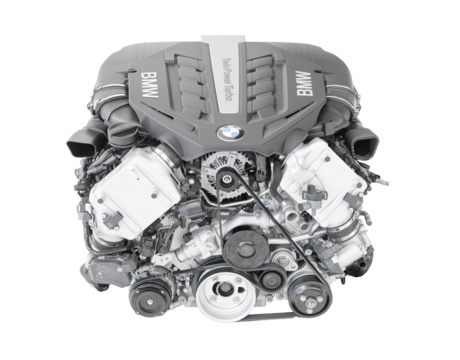Transmission/Drivetrain
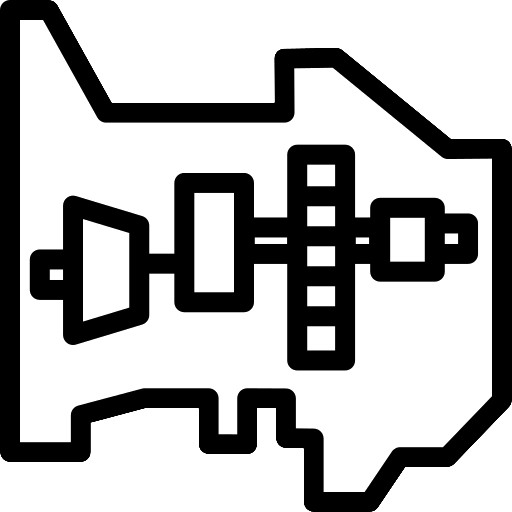
BMW Transmission & Drivetrain Issues: Common Problems, Codes, and Troubleshooting Guide
BMW transmissions and drivetrains can develop various issues over time, especially in higher-mileage vehicles. Recognizing the symptoms and using diagnostic codes can streamline the troubleshooting process and help prevent costly repairs.
Automatic Transmission Issues

Transmission Jerking or Slipping
- Symptoms: Jerking or slipping during gear shifts.
- Relevant Codes: P0730 (Incorrect Gear Ratio), P0741 (Torque Converter Clutch Circuit Performance/Stuck Off).
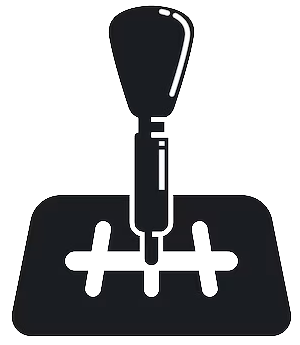
Delayed Shifting
- Symptoms: Delays in engaging between gears.
- Relevant Codes: P0732-P0736 (Gear Ratio Codes for different gears), P0750-P0753 (Shift Solenoid Malfunction).

Transmission Warning Light
- Symptoms: Dashboard transmission warning light illuminated.
- Relevant Codes: P0700 (Transmission Control System Malfunction).

Limp Mode Activation
- Symptoms: Limited performance to protect the transmission.
- Relevant Codes: P0720 (Output Speed Sensor Circuit Malfunction), P0796 (Pressure Control Solenoid “C” Performance/Stuck Off).
Check Transmission Fluid
Low or dirty transmission fluid can cause slipping or jerking. Replace if dark or burnt-smelling.
Scan for Specific Codes
Use diagnostic tools to retrieve codes related to solenoids or gear ratios for better targeting.
Inspect for Leaks
Mechatronic sleeve leaks are common. Inspect around the transmission pan.
Perform Transmission Reset
Use a BMW scan tool to reset transmission adaptations for smoother shifts.
Update Software
If shifting issues persist, software updates might address shifting quality.
Manual Transmission Issues

Gear Grinding
- Symptoms: Grinding noise when shifting gears.
- Relevant Codes: Manual transmissions typically lack specific trouble codes for grinding, but poor synchro condition is the likely cause.
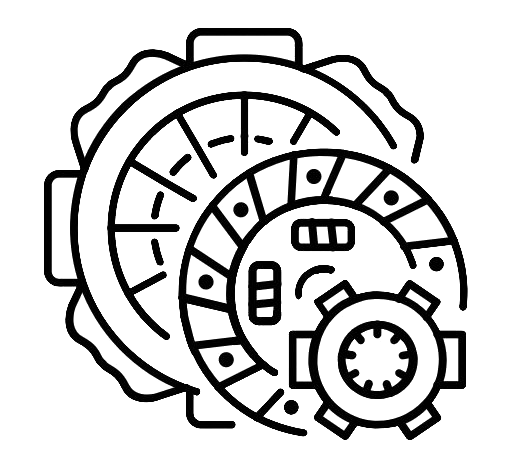
Clutch Slipping
- Symptoms: Engine revs without corresponding acceleration.
- Relevant Codes: Manual transmissions do not generate specific codes for slipping, but misfire codes may appear if clutch slipping affects RPMs.

Difficulty in Shifting Gears
- Symptoms: Stiff or notchy shifting, especially when cold.
- Relevant Codes: P0801-P0804 (Clutch Position Sensor Malfunction), which can affect shift quality.
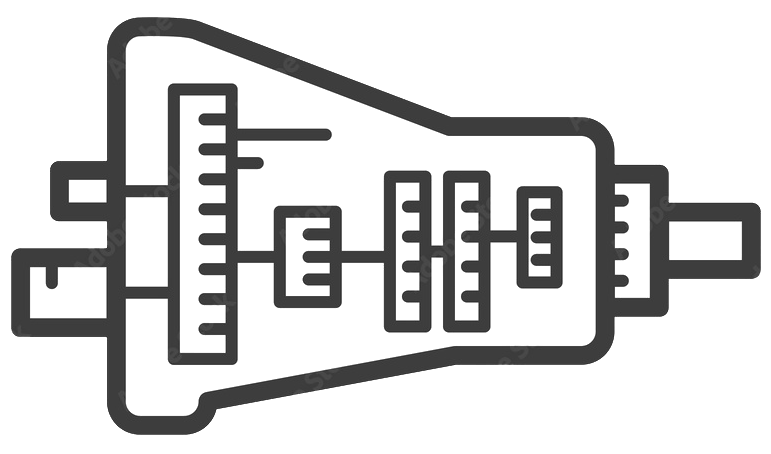
Transmission Rattle
- Symptoms: Rattling noises when in neutral or clutch disengaged.
- Relevant Codes: No direct codes; however, wear in components like the throw-out bearing is often responsible.
Check Gear Oil
Low or contaminated gear oil can cause shifting difficulties; replace as needed.
Inspect Clutch and Pressure Plate
Slipping issues usually indicate a worn clutch disc or pressure plate.
Examine Synchros for Wear
If grinding is localized to one or two gears, worn synchros may need replacement.
Inspect Shifter Linkage
Check bushings and linkage for play, as this can affect shift feel and engagement.
Adjust Clutch Pedal
If the clutch pedal feels low, adjustment may improve engagement.
Drivetrain Issues (Common to Rear-Wheel Drive and AWD Models)
Driveline Vibration
- Symptoms: Vibration under acceleration or at certain speeds.
- Relevant Codes: No specific codes for vibration, but related codes like P0500 (Vehicle Speed Sensor Malfunction) can affect driveline balance.

Clunking or Clicking Noise
- Symptoms: Noise during shifts or turns
- Relevant Codes: No specific codes, but issues with driveshaft components and differential mount points are common causes.
Differential Whine
- Symptoms: High-pitched noise from the differential.
- Relevant Codes: No direct codes, but P0722 (Output Speed Sensor No Signal) can indirectly indicate differential or driveshaft issues.

Transfer Case Failure (AWD Models)
- Symptoms: AWD malfunctions and uneven power distribution.
- Relevant Codes: P1825 (Transfer Case Range Position Sensor Circuit), P1816 (Transfer Case Control System Malfunction).
Inspect the Flex Disc (Guibo)
Worn guibos often cause clunking; replace if cracked.
Check Center Support Bearing
A worn bearing can cause vibrations; replace if there’s play.
Inspect Differential Fluid
Low or dirty fluid can lead to differential whine; replace if necessary.
Service the Transfer Case
AWD models need transfer case fluid changes and may require calibration of the actuator motor.
Balance Driveshaft
An unbalanced driveshaft can cause vibration; have it balanced if vibration persists.
AWD System-Specific Issues

xDrive Malfunctions
- Symptoms: Uneven power distribution, grinding noise.
- Relevant Codes: P1730 (Transfer Case Calibration Fault), P1827 (Transfer Case Clutch Malfunction).

Transfer Case Fluid Degradation
- Symptoms: Overheating or AWD errors.
- Relevant Codes: No direct code for fluid degradation, but P1813 (Transfer Case Control Malfunction) may indicate related issues.

Differential Fluid Degradation
- Symptoms: Differential whine or clicking noises.
- Relevant Codes: No specific codes, but monitoring for drivetrain-related noises is key.
Replace Transfer Case Fluid
Scheduled fluid changes prevent wear in transfer case clutches.
Check Differential Fluid
Replace as per BMW’s maintenance schedule to avoid wear.
Inspect Transfer Case Actuator Motor
Check for unusual noise or difficulty engaging AWD, as this may indicate an actuator issue.
Calibrate AWD System
Use a diagnostic tool to calibrate the xDrive system, especially after fluid replacement or repairs.
Preventive Maintenance Tips for Transmission & Drivetrain
- Replace Transfer Case Fluid: Replace transmission, differential, and transfer case fluids as recommended to prevent wear.
- Use OEM Parts: For replacement parts like the flex disc, center support bearing, or shifter linkage, use high-quality OEM parts to ensure reliability.
- Software Updates: Some transmission and AWD issues may be addressed by software updates available through BMW.
- Address Warning Codes Promptly: Using a BMW-compatible diagnostic tool, monitor and address drivetrain and transmission codes early to prevent further issues.









